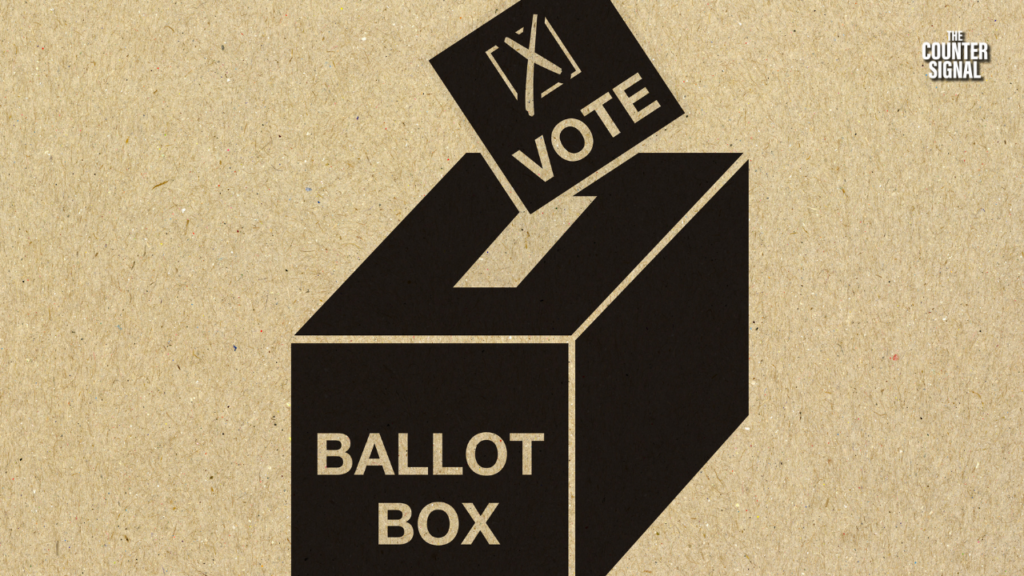Ontario Education Minister, Stephen Lecce, supported parental rights on the issue of students using different pronouns in schools, following New Brunswick and Saskatchewon.

The Ontario Minister Lecce emphasized that when a child chooses to adopt different pronouns, parents should be actively and fully engaged in the process.
Lecce’s statements came as he unveiled upcoming changes that both students and parents can anticipate in Ontario schools starting this September.
“I think we understand though that parents must be fully involved and fully aware of what’s happening in the life of their children,” he said.
Lecce added, “I mean, often there are health implications, and I think we have to respect the rights of parents and recognize that these can be life-changing decisions, and I think parents want to be involved so that they can support their kids. And I think that’s a really important principle that we must uphold.”
This echoes the recent policy shifts in two other provinces. Saskatchewan has just implemented a new gender and pronoun policy, joining New Brunswick in introducing legislation that requires parental consent for students under the age of 16 who wish to modify their given names and/or pronouns within the school environment.
Higgs’ policy prompted Trudeau to call the Higgs government “far-right.”
Last week, Federal Conservative leader Pierre Poilievre seemed to have shifted from saying the school pronoun policy debate is a provincial matter — to saying he supports parental rights.
You raised them and nurtured them. So who better than you—as parents—to know what’s best for your child as you send them off to school?
— Heather Stefanson (@HStefansonMB) August 17, 2023
That’s why our PC Team is fighting for enhanced parental rights in #Manitoba. #cdnpoli #mbpoli pic.twitter.com/EOftvavZTr
Moreover, Manitoba Premier Heather Stefanson is campaigning on the issue, saying she’ll introduce parental rights legislation if re-elected.
According to a recent poll by SecondStreet.org and market research firm Leger, 57% of Canadians agree with Higgs’ stance on parental rights.
An Angus Reid poll released Monday shows that the vast majority of Canadians believe parents at least have the right to know if their children wish to change their pronouns in school.
NEW: @angusreidorg poll shows 78% of Canadians
— Élie Cantin-Nantel (@elie_mcn) August 28, 2023
agree that parents should be informed if their kids want to change genders at schools. Just 14% say schools should hide that from parents. pic.twitter.com/yAMZtAWEyJ











